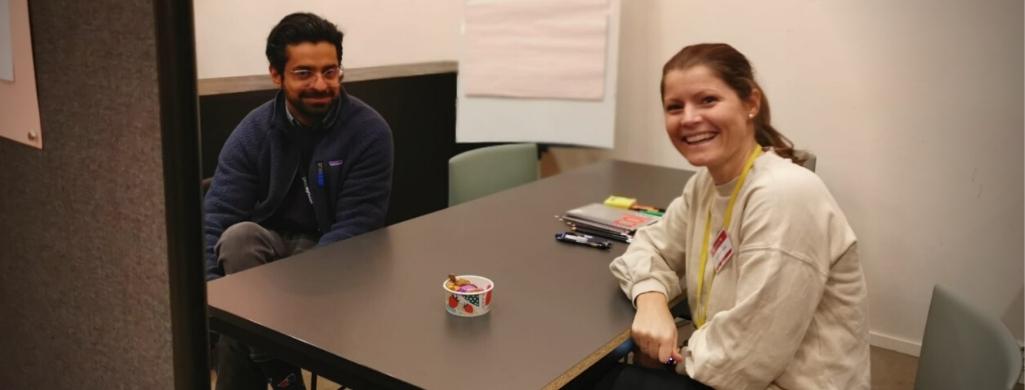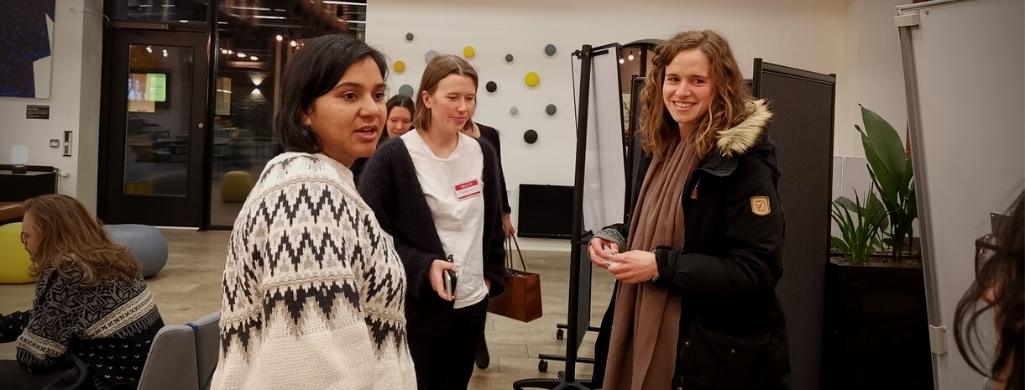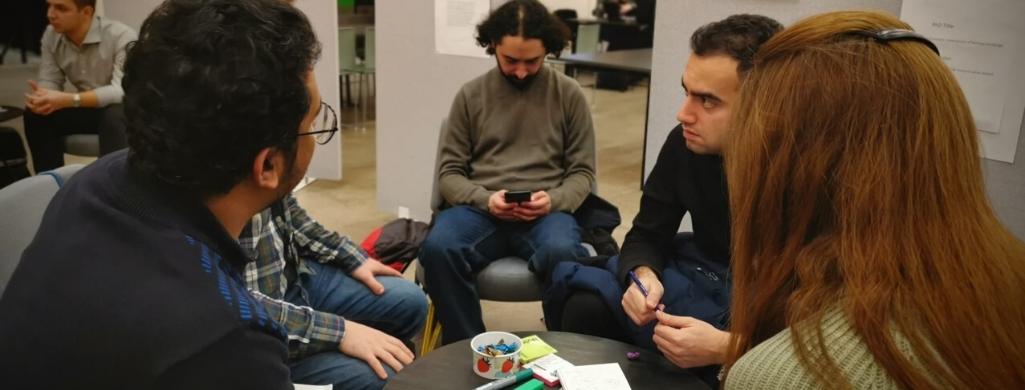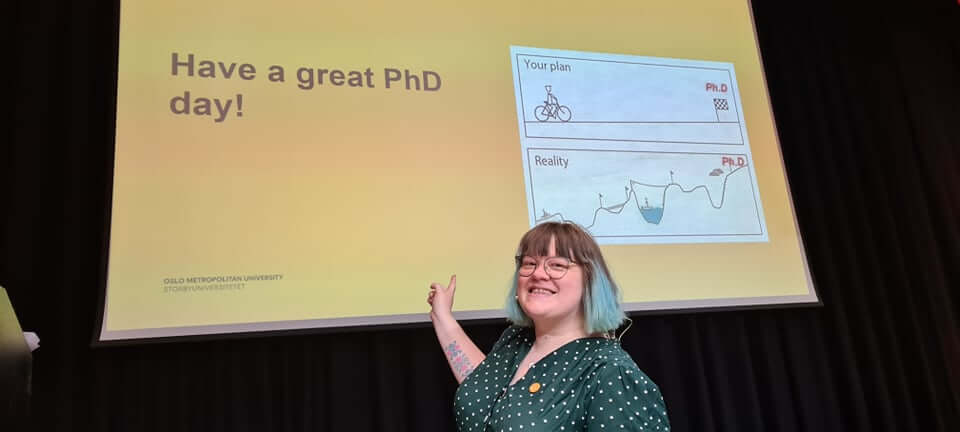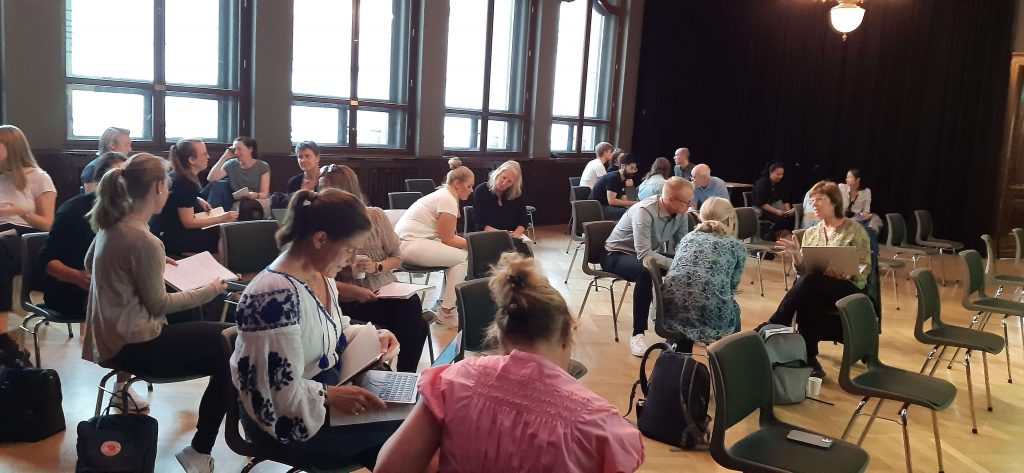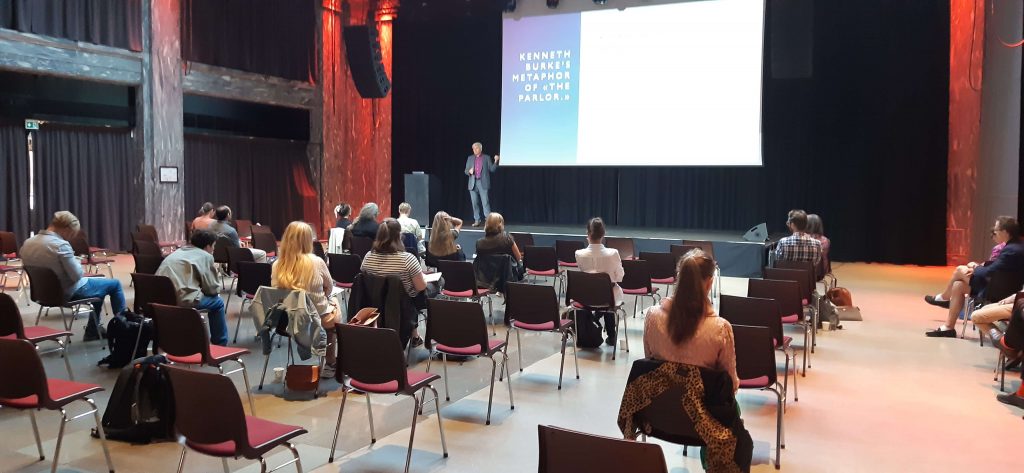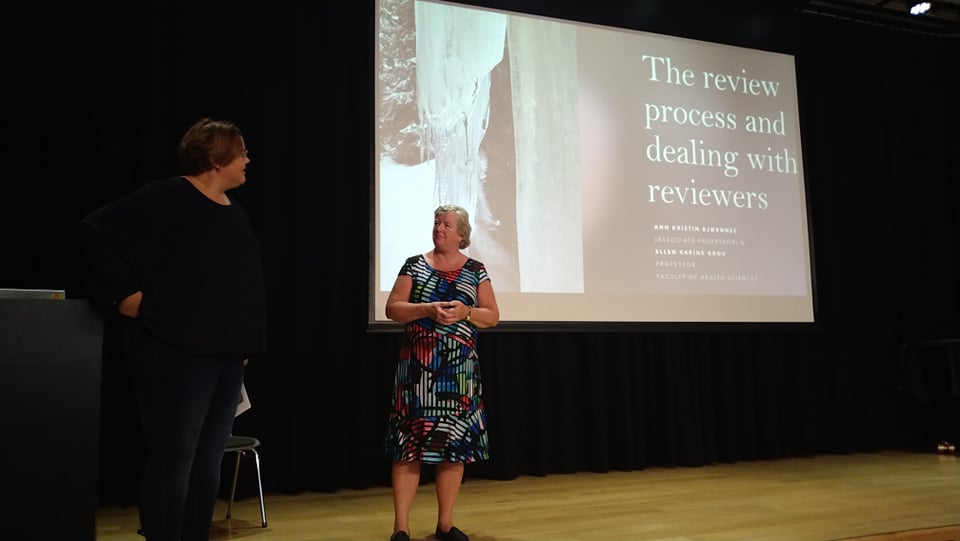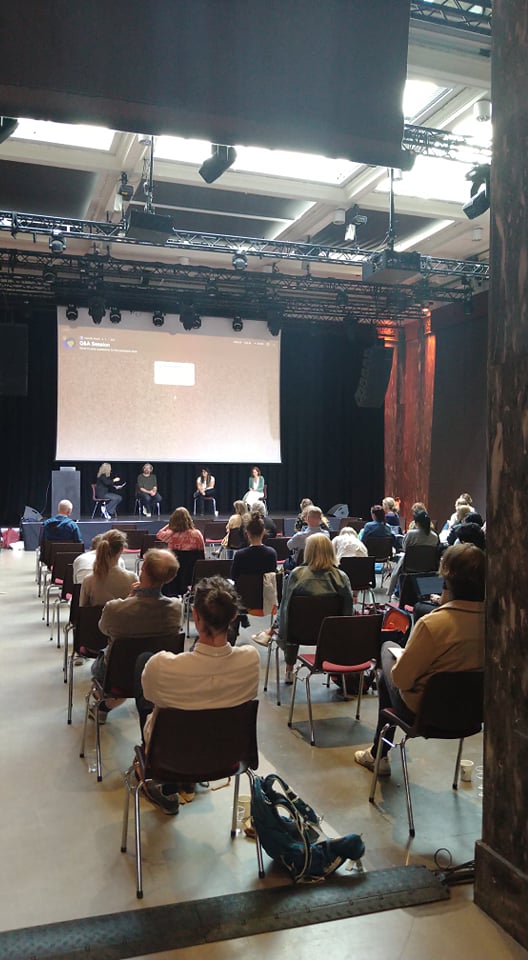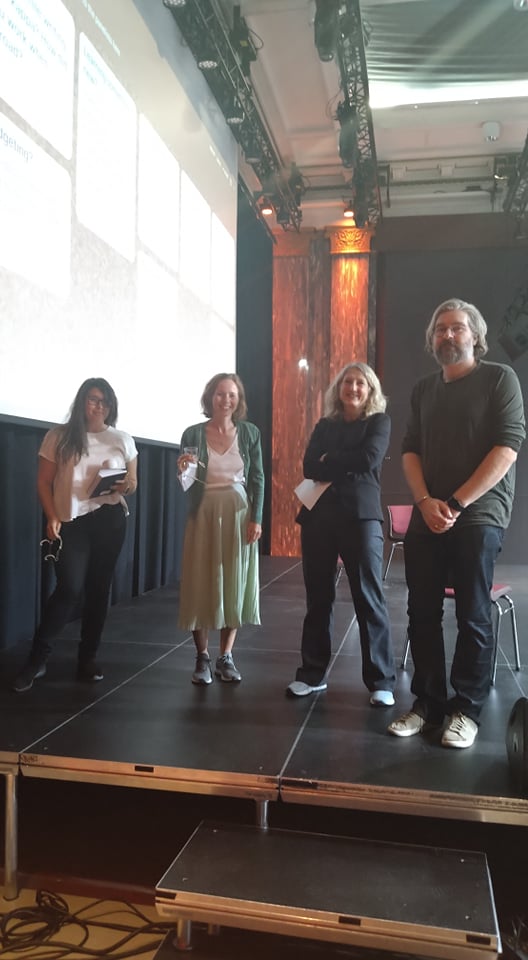PhD Forum to Elect a New Leader

On Wednesday, 2th of march at 11.00 we will formally elect a new leader for the PhD forum, and PhD candidates at OsloMet are therefore invited to nominate a candidate for leadership. According to the statutes, the leader must be an elected member of the Forum.
Stian Brynildsen has announced that he is running for election. If you have other candidates, please nominate them via your programs’ forum member or email Line Aasen, who is responsible for the election committee at (laasen@oslomet.no). Voting will be done by the PhD forum members.
Read more